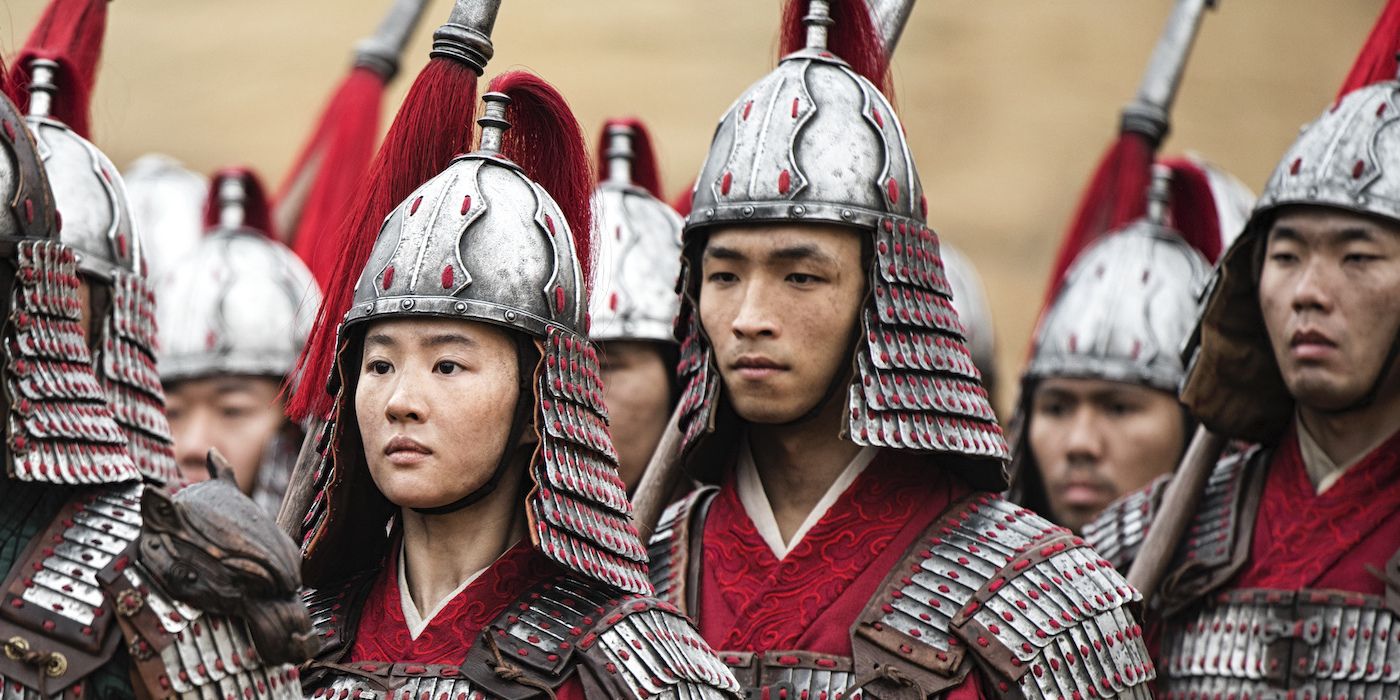The #BoycottMulan movement has been revitalized following the release of Disney's Mulan. Where supporters predominately condemned the film based on the views of lead actor Liu Yifei and her co-star Donnie Yen, they have now identified another issue making Mulan problematic: the mention of the Communist Party of China (CPC) in the film's credits.Novelist and critic Jeannette Ng recently pointed out that the film's credits gave special thanks to the Publicity Department of CPC Xinjiang Uyghur Autonomous Region Committee, as well as a number of other administrative bodies in the city of Turpan, and that Mulan's production took place "extensively in Xinjiang, which the subtitles call 'Northwest China.'"
The Communist Party of China's wider Publicity Department is responsible for overseeing media content across numerous industries and ensuring adherence to party ideology and values.
The Uyghur population of Xinjiang, or East Turkestan, is acknowledged by many world agencies and entities as being the target of widespread persecution and oppression under the Communist Party-ruled Chinese government. The U.S. Department of State has suggested that up to two million Uyghurs, ethnic Kazakhs and members of other Muslim groups, may be currently detained in re-education camps spread across the autonomous region.
The #BoycottMulan movement began in August 2019, when actor Liu Yifei expressed support for the Hong Kong Police Force (HKPF) and its practice of employing what has been seen by many as excessive force and other ethically questionable tactics against peaceful demonstrators throughout the pro-democracy protests in Hong Kong. Support for the Twitter movement spread across South East Asia to neighboring countries such as Korea, Japan and Thailand.

